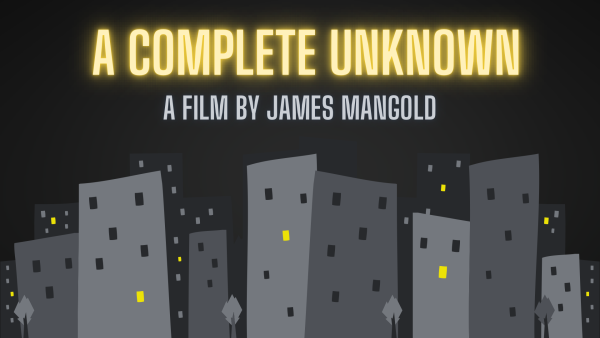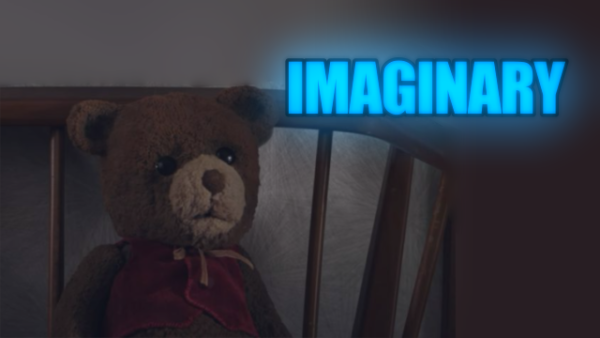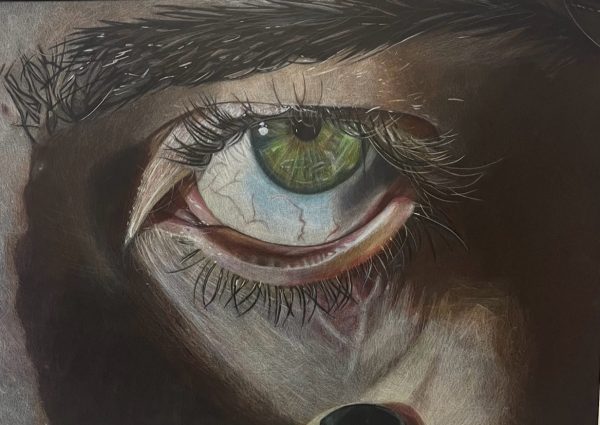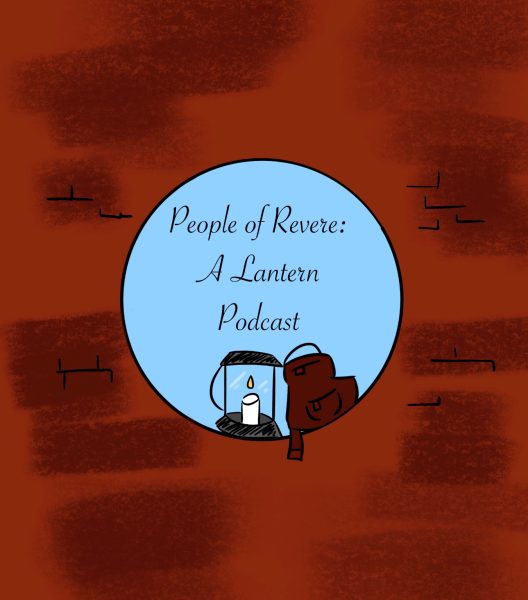Stereotypes of counterculture go unchallenged

People struggle with the word “hipster.” As with any societal catch-all term, one immediately thinks of the stereotype: a coffee snob who appreciates retro fashion, liberalism, indie music, tumblr, black frame glasses, vegan diets and irony. Yes, I myself identify as a hipster, yet my peers struggle with my identification. People believe the myth that a true hipster cannot call themselves a hipster. Supposedly, calling oneself a hipster violates whatever memo of rules on hipsterism that I did not receive (mainly because it does not exist). In all honesty: who asked you?
The case of the hipster exemplifies just how much people like to dictate the choices of another person’s life, even when those choices do not affect them in any case whatsoever. Imagine me wittily introducing myself to break the ice with a new, possibly nervous, stranger:
“Hi stranger! My name is Jacob, and I am probably the biggest hipster that you will find at Revere High School. It is a pleasure to meet you.”
In this situation, I just called myself a hipster. Now, did the planet stop rotating? Did I just call your mother something that resembles a Cards Against Humanity response? I do not need another individual’s biased, quite frankly offensive evaluation of my every move to tell me whether or not I fit the stereotype of a hipster. I call myself a hipster, and it does not concern you. If you wanted to call yourself a Swiftie, what power do I have to tell you otherwise? I personally admire knowledge of one’s own identity or beliefs, especially at a younger age.
The Urban Dictionary’s most popular definition of a hipster sounds as though a professional author wrote it. It defines hipsters acutely, associating them with the following attributes: a shaggy hairstyle or asymmetrical, side-swept bangs, liberal arts degrees, fine arts careers and thrift store fashion. There is a problem with the definition, however, as no person fits this mold exactly. Anyone who tries to mold themselves into a personified definition from Urban Dictionary, in my opinion, has no true sense of self. Hipsters only have one common trait: independent thinking.
Independent thinking means separating oneself from societal influence, and making one’s own path. Perhaps my differing perspective on hipsterism derives from my personal definition of the word. People believe that hipsters avoid the “mainstream” as much as possible. Hipsters supposedly resort to taking old, unpopular ideas, trends and fashion, and practicing them religiously until they grow too popular. Once the media calls the trend “mainstream,” the hipster suddenly dislikes the trend, and moves on. This behavior does not define a hipster; this defines a frankly immature individual who wants to be societally accepted as the “trendsetter.”
Let me set one thing straight: mainstream really means that the majority of the population participates in, desires, noticeably follows or believes in a certain trend or ideal. Hipsters defy association with the majority of the population not to avoid losing self-identity, but because of society’s prominent ignorance. Especially in the little bubble of high school, we cannot fathom how prominent racism, discrimination, misogyny, misandry and pure malice are in today’s culture. I and other hipsters do not separate from society because society threatens individuality (I alone create my identity through my choices); I separate from society because I will not submit to its fervent pandemic of hatred. The population always tinkers with new forms of negativity such as unattainable body images and hateful words.
Twenty One Pilots, an Indie band worshipped by many hipsters in the past couple of years, has recently had much success. People have gone so far as to deem them “mainstream.” This condemnation keeps people who rigorously try to maintain their trendsetting image from continuing to listen to the band’s music. How can someone avidly listen to a band, then one day just wake up and dislike the band, with the poor reasoning that “they became too mainstream?” This immature, trendsetting-wannabe behavior taints the actual idea of hipsterism, let alone self-identity.
My definition of hipsterism differs from the societal standard. A hipster is not someone who revives something old or undesirable for the sake of avoiding mainstream fads; a hipster has the open-minded acceptance of all possible paths of life. As a hipster, maybe I will dig up an old fashion trend that I really like. The difference between me, the hipster, and the trendsetter: I do not care whether or not my peers like it too. I call myself a hipster because I like to do so. Notice how I only use personal pronouns, because it’s my life, not someone else’s life.
Perhaps we should stop judging hipsters for separating from society, and find out why they want nothing to do with today’s society. People can keep spreading malice as humans have done for countless generations: I want nothing to do with it. I will drink my coffee and scroll through my tumblr in peace.







